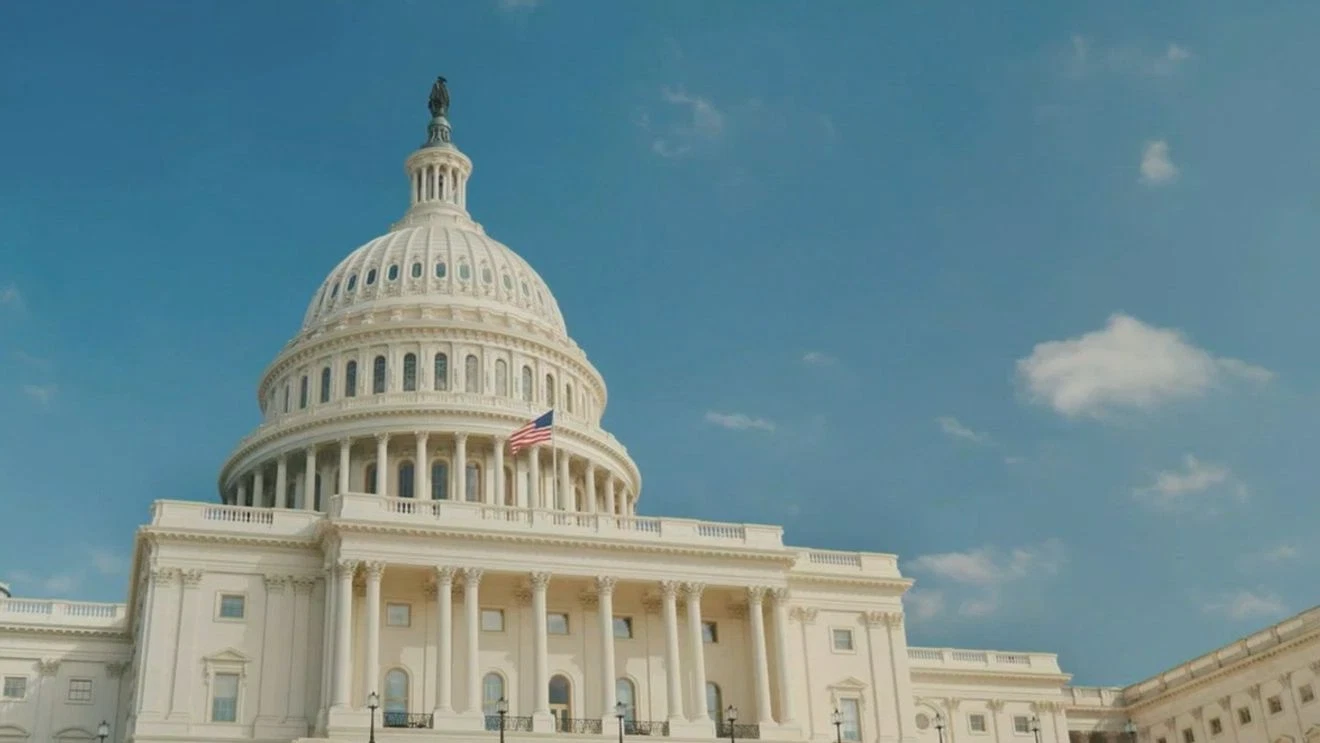12 States, Including the Carolinas, Push Ahead with Term Limits for Congress in Constitutional Amendment Effort
SOUTH CAROLINA — A growing movement to limit how long members of Congress can serve took a major step forward this week, as 12 U.S. states — including North Carolina and South Carolina — have now passed formal measures supporting a constitutional amendment for term limits.
These states join a national push to convene an Article V Convention, a rare constitutional process that allows states to bypass Congress in proposing amendments.
Which States Have Passed Term Limits Resolutions?
According to organizers and legislative tracking, the following states have fully passed resolutions calling for term limits on members of the U.S. House and Senate:
-
Florida
-
Alabama
-
Indiana
-
Louisiana
-
Missouri
-
North Carolina
-
Oklahoma
-
South Carolina
-
South Dakota
-
Tennessee
-
West Virginia
-
Wisconsin
To move forward, 34 states are required to call a convention — meaning this initiative is just over a third of the way to triggering what would be the first such gathering in U.S. history.
Why Term Limits?
Supporters of congressional term limits argue that long-serving incumbents often become disconnected from their constituents, entangled in Washington special interests, and protected by gerrymandered districts and donor networks.
Proponents say term limits would help restore accountability and inject new voices into Congress.
“It’s time to send career politicians packing,” said one advocacy group backing the effort. “The Founders never intended for public service to be a lifelong job.”
How the Amendment Process Works
The U.S. Constitution can be amended through two primary methods:
-
Congressional Proposal: Requires a two-thirds vote in both chambers of Congress (the most common path).
-
State-Led Convention: If 34 state legislatures call for a convention on the same issue, a convention must be convened. Any resulting amendment must then be ratified by 38 states.
The term limits movement is aiming for the second path, with resolutions that explicitly call for a limited-topic convention focused only on restricting congressional tenure.
Opposition and Concerns
Critics of the term limits effort argue that it could:
-
Disempower voters by removing experienced lawmakers
-
Shift power to lobbyists and unelected bureaucrats
-
Risk a “runaway convention” that might propose unrelated constitutional changes
Some legal scholars have raised concerns that once a convention is called, its scope might be difficult to limit, potentially opening the door to broader structural changes in U.S. governance.
South Carolina and North Carolina’s Role
With both North Carolina and South Carolina formally on board, the Southeast has become a stronghold for the term limits movement. Legislators in these states cited public frustration with federal gridlock and entrenched incumbents as key reasons for backing the resolution.
Do you think term limits would improve Congress — or hurt democracy? Share your thoughts in the comments at SaludaStandard-Sentinel.com, where we explore the real impact of national reform efforts on local voters.







